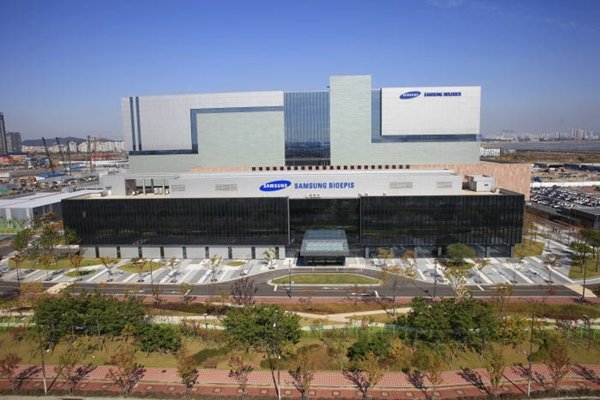Antidiabetic biosimilar called ‘LUSDUNA Nexvue (SB9)’, which was developed by Samsung Bioepis and a multinational pharmaceutical company called MSD, is tentatively approved by FDA (Food and Drug Administration). However final approval can be delayed up to 30 months due to problems with an original pharmaceutical company regarding patents.
According to pharmaceutical industries on the 23rd, FDA came to a conclusion that LUSDUNA satisfied standards for safety, effectiveness, and quality during non-clinical and clinical tests and decided to tentatively approve it.

LUSDUNA was developed through investments from Samsung Bioepis and clinical tests, approval, and sales done by MSD. Original drug is called ‘LANTUS’ from a multinational pharmaceutical company called Sanofi. LANTUS brings in more than $8.94 billion (10 trillion KRW) in annual sales globally.
Although LUSDUNA satisfied all standards, it did not receive a final approval due to a lawsuit filed by Sanofi against MSD in last September regarding infringement of patent. When an original drug manufacturer, company files a lawsuit on infringement of patent against a generic drug manufacturer, final approval from FDA can be delayed up to 30 months due to ‘Hatch-Waxman Act’. However this duration can be shortened if MSD wins its lawsuit.
LUSDUNA was approved as a biosimilar in Europe in this past January.
Staff Reporter Jung, Yangchow | jungyc@etnews.com